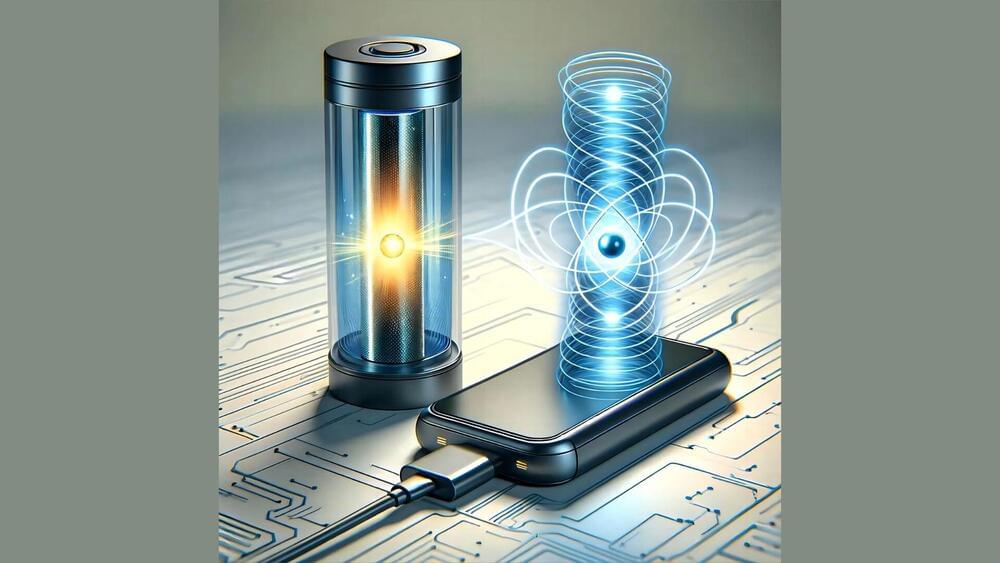A new study by researchers at Lanzhou University and Hubei University proposes a quantum battery (QB) charging scheme based on a rectangular hollow metal waveguide. This approach allows them to overcome environment-induced decoherence and charging distance limitations. The findings are published in Physical Review Letters.
The demand and supply for batteries continue to grow with a focus on enhancing energy storage, longevity, and charging capabilities. On this front, scientists are now developing quantum batteries that leverage principles of quantum mechanics to store and supply energy.
The aim is to use fundamental principles of quantum mechanics such as entanglement and coherence to overcome the constraints of classical physics, thereby achieving stronger charging power, higher charging capacity, and larger work extraction compared to classical counterparts.
